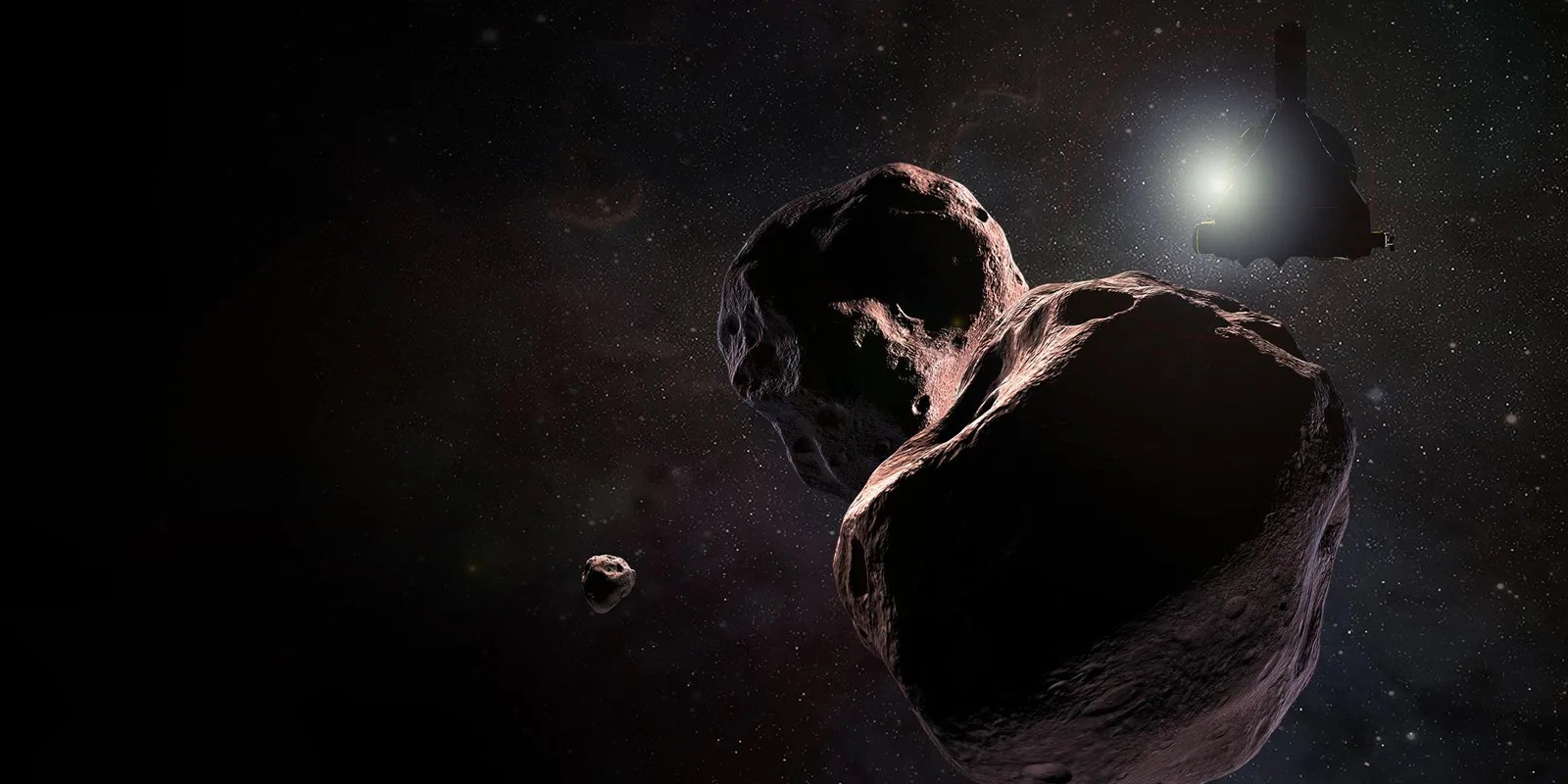Welcome to Facts Vibes! Get ready to explore the fascinating world of meteorites with these 10 mind-blowing facts. From their cosmic origins to their impact on Earth, this article will take you on a journey through the awe-inspiring realm of celestial rocks.
Unveiling the Mysteries: Exploring 10 Fascinating Facts About Meteorites
Unveiling the Mysteries: Exploring 10 Fascinating Facts About Meteorites
Meteorites are fascinating remnants of space that continue to captivate both scientists and enthusiasts. As we delve into their world, here are 10 intriguing facts about meteorites that will ignite your curiosity.
1. Meteorites Can Come From Anywhere
Meteorites can originate from various locations in space, including asteroids, the Moon, or even Mars.
2. They Hold Clues to the Solar System’s History
By studying meteorites, scientists can gain insights into the early formation of the solar system and the processes that shaped it.
3. Not All Meteorites Are Alike
There are three main types of meteorites: stony, iron, and stony-iron. Each type provides unique information about the cosmos.
4. Some Meteorites Are Older Than Earth
Certain meteorites have been dated to be older than our planet, offering a glimpse into the ancient history of the universe.
5. They Can Survive the Fiery Plunge Through the Atmosphere
Despite the intense heat generated during atmospheric entry, many meteorites are able to withstand the journey and reach the Earth’s surface.
6. Meteorite Impact Sites Can Reveal Secrets
The study of meteorite impact sites on Earth can provide valuable information about the effects of cosmic collisions and their aftermath.
7. Meteorites May Contain Organic Materials
Some meteorites have been found to contain organic compounds, raising the possibility of their role in the origins of life on Earth.
8. They Have Been Revered Throughout History
Throughout human history, meteorites have been regarded with wonder and awe, often being incorporated into cultural and religious beliefs.
9. Meteorites Inspire Scientific Innovation
The study of meteorites has led to groundbreaking scientific discoveries and technological advancements, shaping our understanding of the cosmos.
10. Meteorites Connect Us to the Universe
By exploring meteorites, we are not only unraveling the mysteries of space but also fostering a deeper connection to the vastness of the universe.
In conclusion, the realm of meteorites is a captivating frontier that continues to yield remarkable insights and beckons us to ponder the mysteries of the cosmos.
Most popular facts
Meteorites are rocks from space that survive the journey through Earth’s atmosphere and land on the surface.
Meteorites are rocks from space that survive the journey through Earth’s atmosphere and land on the surface.
The largest meteorite found on Earth is the Hoba meteorite in Namibia, weighing over 60 tons.
The largest meteorite found on Earth is the Hoba meteorite in Namibia, weighing over 60 tons.
Meteorites can be categorized into three main types: stony, iron, and stony-iron.
Meteorites can be categorized into three main types: stony, iron, and stony-iron.
Some meteorites contain organic materials, such as amino acids, which suggests the possibility of extraterrestrial life.
Some meteorites contain organic materials, such as amino acids, suggesting the possibility of extraterrestrial life.
The study of meteorites can provide insights into the early solar system and the formation of planets.
The study of meteorites can provide insights into the early solar system and the formation of planets.
Meteorites have been found on every continent on Earth, including Antarctica.
Yes, meteorites have been found on every continent on Earth, including Antarctica.
The speed of a meteorite entering Earth’s atmosphere can reach tens of kilometers per second.
The speed of a meteorite entering Earth’s atmosphere can reach tens of kilometers per second.
Meteorites can create impact craters when they collide with the Earth’s surface.
Yes, meteorites can create impact craters when they collide with the Earth’s surface.
The first recorded meteorite fall was in China around 6000 years ago.
True. The first recorded meteorite fall was in China around 6000 years ago.
Meteorites can contain minerals and elements that are rare on Earth, making them valuable for scientific research.
Meteorites can contain minerals and elements that are rare on Earth, making them valuable for scientific research.
Many meteorites originate from the asteroid belt between Mars and Jupiter.
True.
Some meteorites are believed to come from the Moon or Mars, based on their composition and characteristics.
True. Some meteorites are believed to come from the Moon or Mars based on their composition and characteristics.
Meteorites can vary in size, from tiny grains called micrometeorites to large masses weighing several tons.
Meteorites can vary in size, from tiny grains called micrometeorites to large masses weighing several tons.
Meteorites often have a dark fusion crust caused by the intense heat of atmospheric entry.
Meteorites often have a dark fusion crust caused by the intense heat of atmospheric entry.
The study of meteorites has implications for understanding the potential threats posed by near-Earth objects and developing strategies for planetary defense.
The study of meteorites has implications for understanding the potential threats posed by near-Earth objects and developing strategies for planetary defense.
In conclusion, meteorites are fascinating objects that provide valuable insights into the history and composition of our solar system. Their impact on Earth and the ongoing research surrounding them continue to drive our understanding of the universe. As we delve further into the study of meteorites, we can anticipate even more remarkable discoveries that will contribute to our knowledge of the cosmos.
